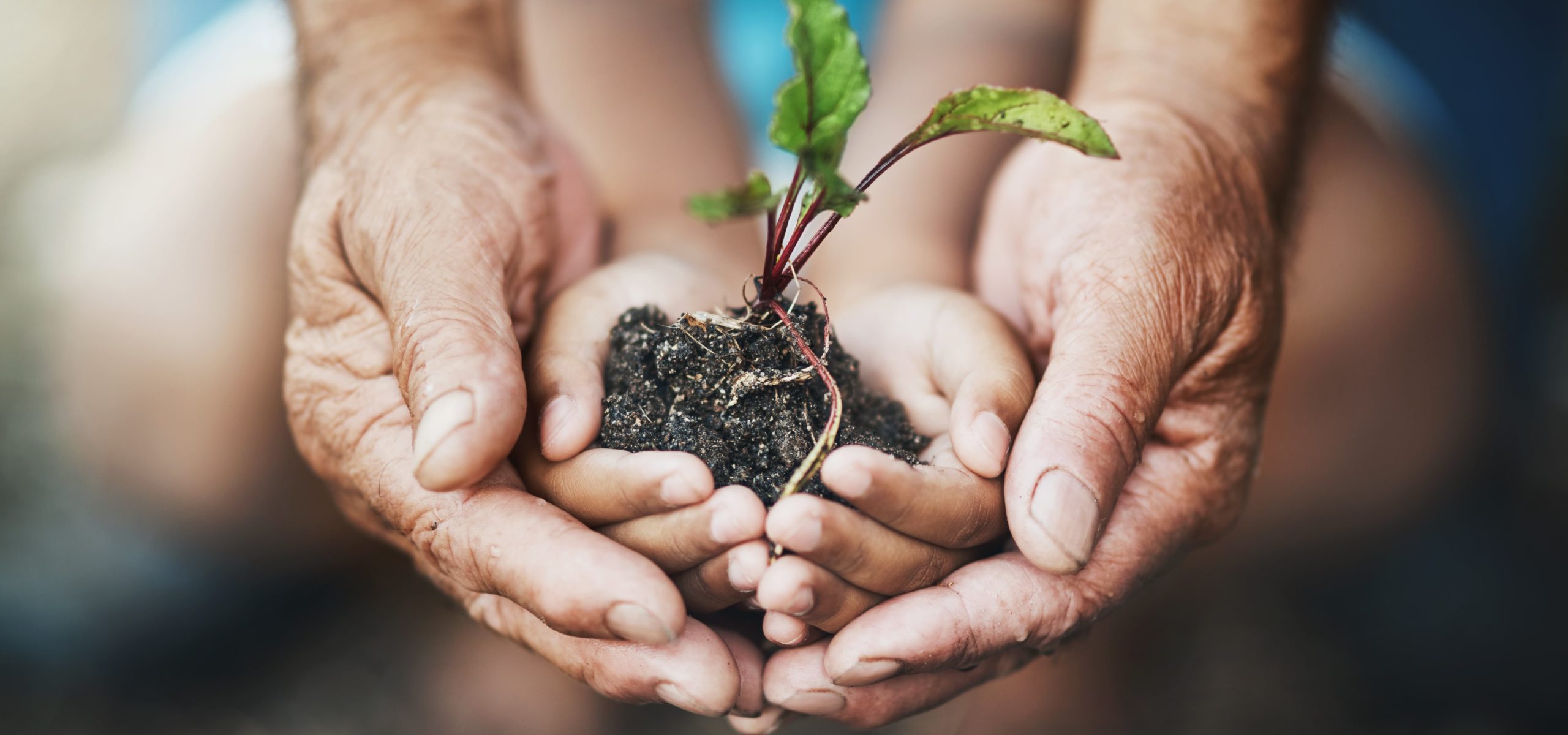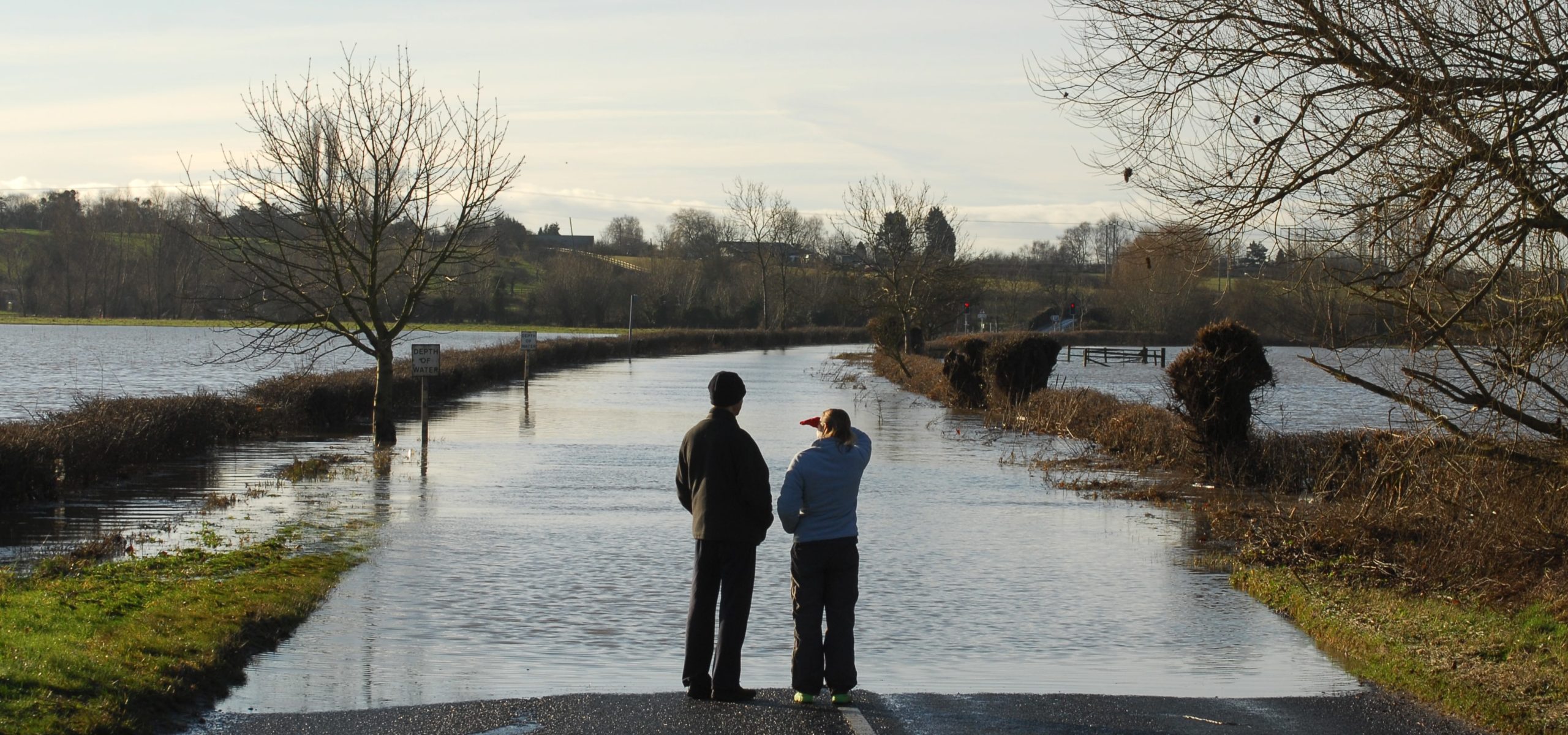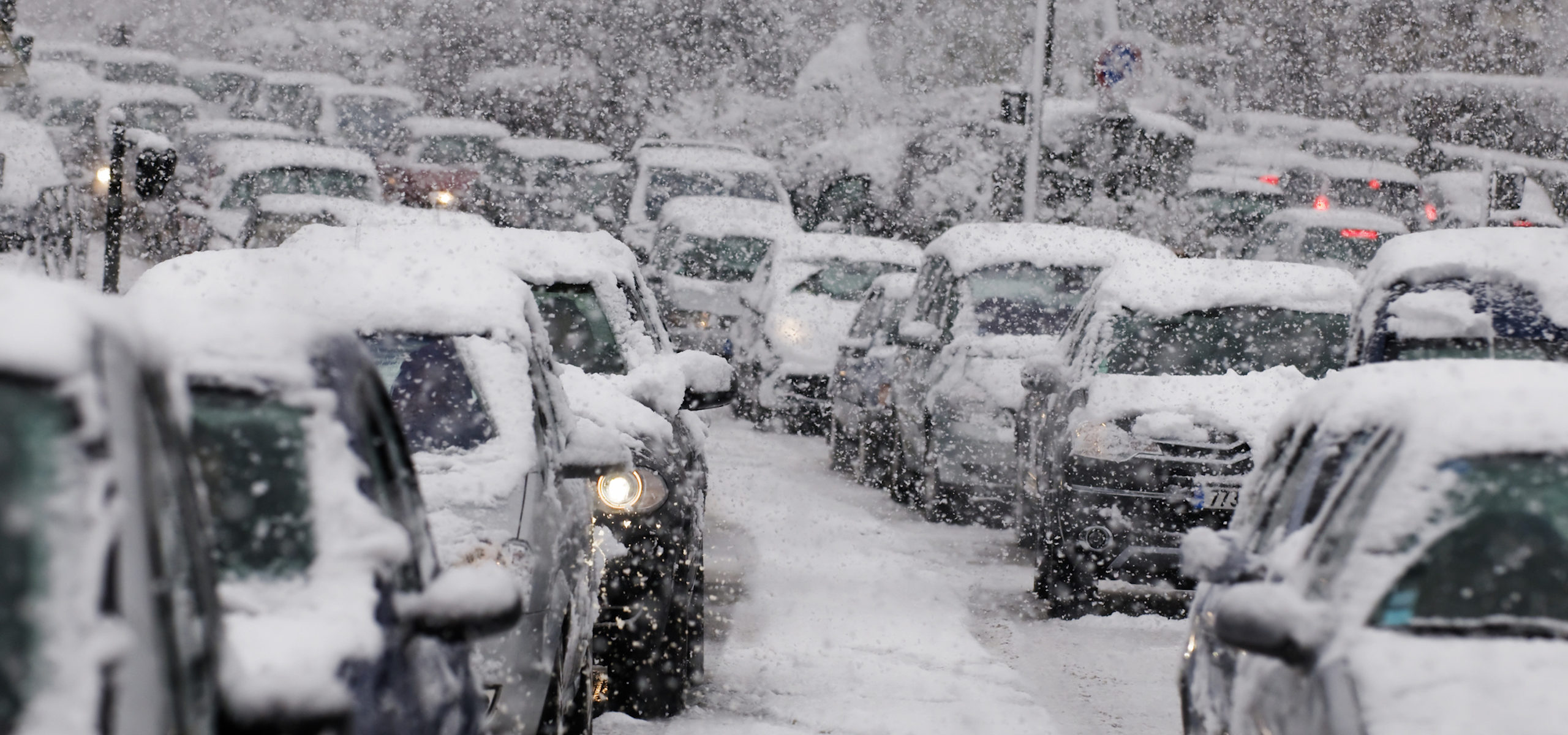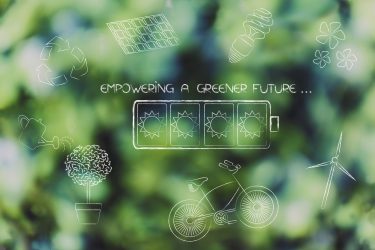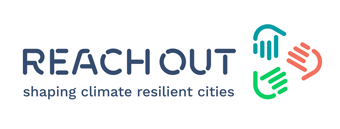Climate Action
“Enable positive climate action through the provision of leadership in the areas of climate mitigation, climate adaptation, climate science, and climate dialogue”
The impetus for creating a sustainable society has never been clearer. Our economies are approaching the ecological limits within which they are embedded and we are already experiencing the consequences in areas such as climate change, biodiversity loss and resource depletion. Population growth, changing lifestyles and economic growth will compound challenges such as climate change. Hence, it is essential that our response to these challenges is coordinated into defined plans for positive Climate Action.
MaREI has established itself as a leader in developing research capacity and delivering impact in key Climate Action areas. In addition to those topics outlined under Research Priority 1 (The Energy Transition), we are also specifically focusing on key topics such as climate mitigation, climate adaptation, and climate science.
MaREI has made significant contributions to Climate Action policy, with particular impact achieved through the formalisation of climate and energy modelling services to the Department of the Environment, Climate, and Communications (DECC), and contributions towards the development of the Climate Action Plan (2019) and Climate Action Bill (2021).
MaREI has directly contributes to the delivery of over 50 of the 183 priority actions identified in the Government’s Climate Action Plan (2019), and indirectly supports the delivery of over 20 further priority actions.
We are developing tools that can support the transition to a sustainable, low-carbon environment, increasing the evidence base underpinning climate and energy policy decisions in Ireland, and are exploring the key role of society and innovation in addressing climate action.
Part of this tool-set is MaREI’s testing factilites including the ‘green gas’ facilities at UCC, structural testing facilities at NUIG, robotics and remote sensing capabilities at UL, and Mace Head Atmospheric Research Station at NUIG.
We are supporting energy demand reduction and the decarbonisation of buildings, and have developed underlying science in the areas of air pollution and atmospheric composition.
We have also assumed an important educational role through initiatives such as the Climate Ireland platform, and in facilitating citizen engagement, dialogue and regional assemblies. In tandem with this we also host of a wide range of climate and energy policy stakeholder workshops during the period, including the ESRI-UCC-MaREI conference.
Objective 1: Develop technology pathways to support climate mitigation and adaptation, including climate- proofing and decarbonisation in the built environment, and bioenergy in circular bioeconomy systems
Objective 2: Provide the necessary underlying climate science in the areas of air pollution and atmospheric composition required to support climate mitigation and adaptation measures
Objective 3: Support climate education in order to grow and develop the role of society in positive climate action, including transdisciplinary research on sustainability

How will the revised Climate Action Bill work?
On the 24th of March, Dr Paul Deane discusses the revised Climate Action Bill with RTE Morning Ireland and what the it will mean for Ireland and our citizens
Paul explains the changes that will need to be made to our homes so they leak less energy
The Impact of our Research
Our Underlying Areas of Expertise

MaREI Climate Action Case Studies
This booklet focuses on MaREI’s recent and ongoing research in the context of climate action and presents examples of the extent of MaREI’s activities in meeting the challenges of climate change.
View


